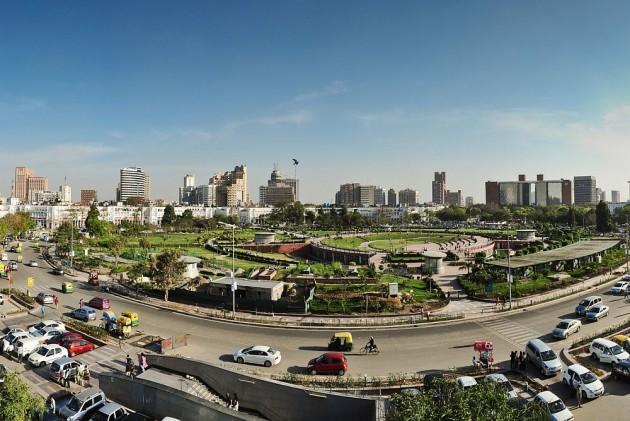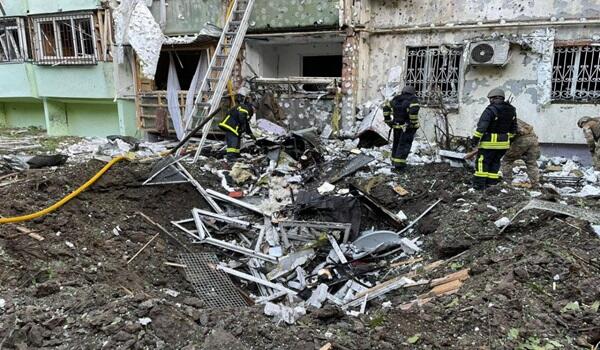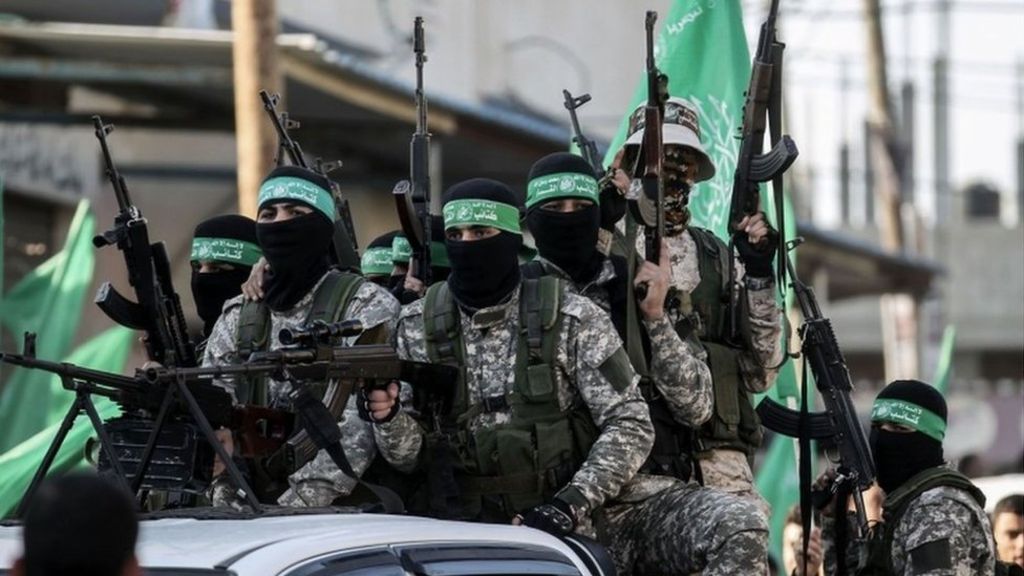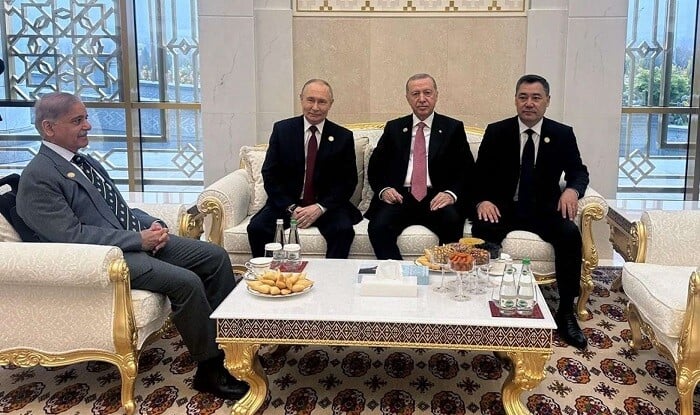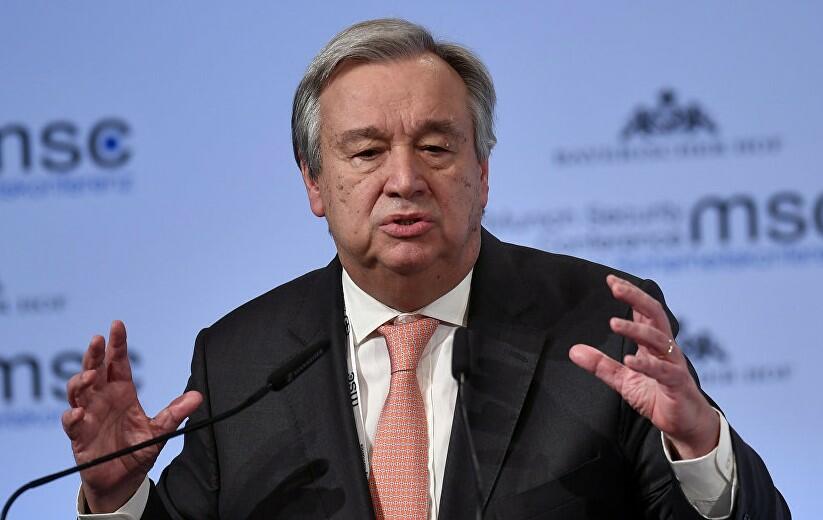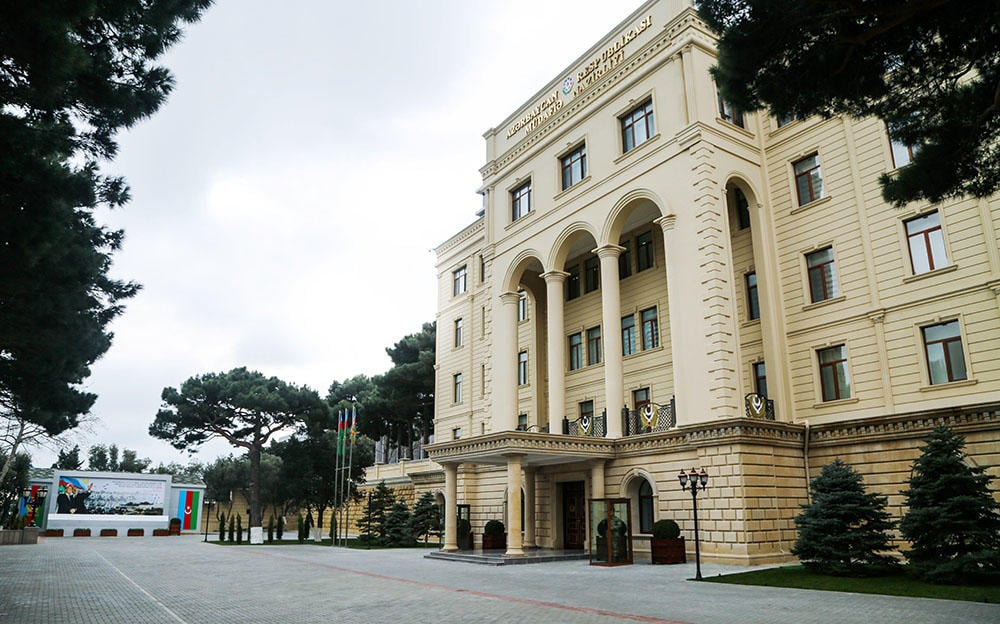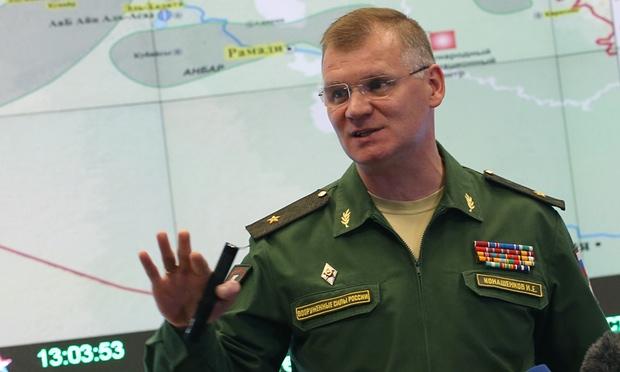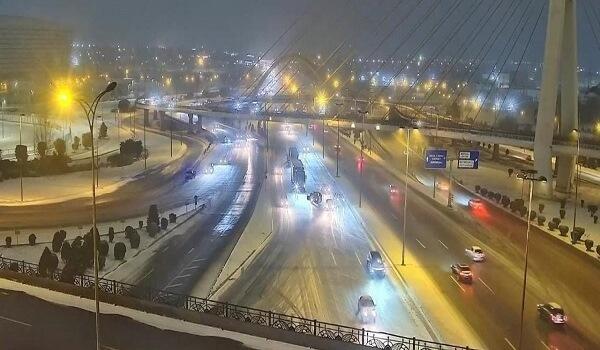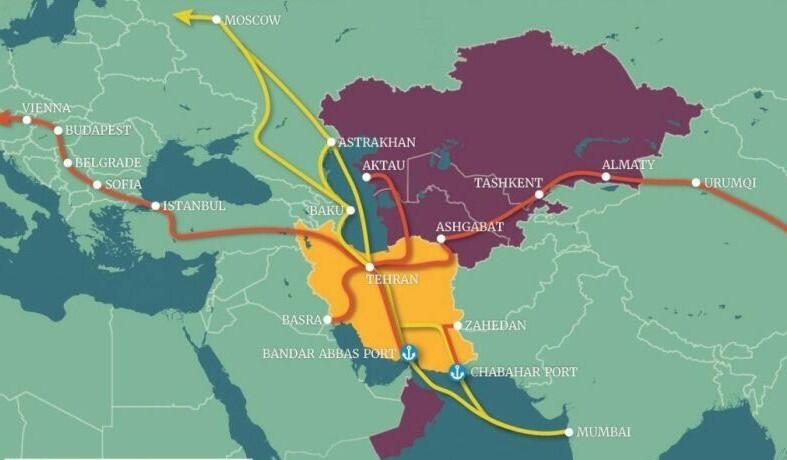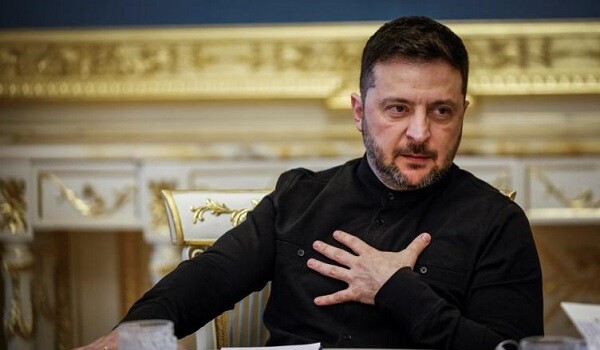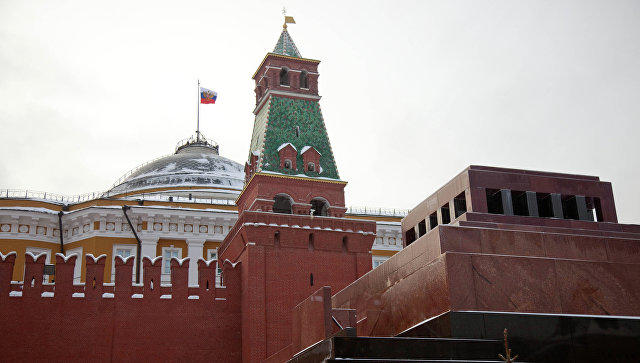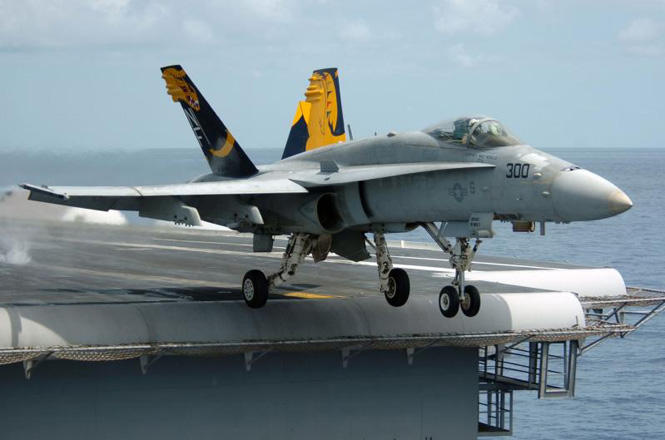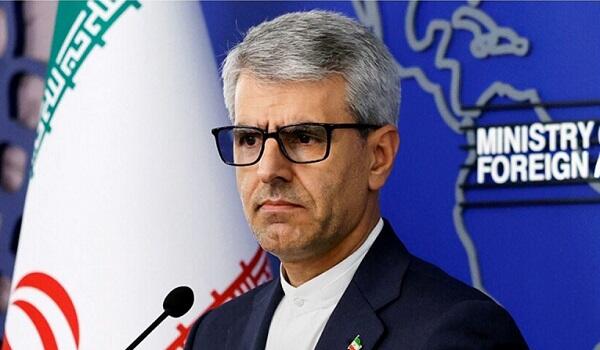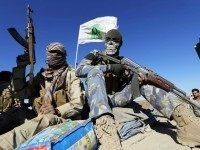Iran now commands a force of around 25,000 Shi'ite
Muslim militants in Syria, mostly made up of recruits from
Afghanistan and Pakistan, the former head of Israel's domestic
intelligence agency has told a visiting Swiss
delegation.
Avi Dichter, chair of Israel's foreign affairs and defense
committee, told members of the Swiss parliament the Iranian-backed
force was focused on fighting Sunni rebels opposed to Syrian
President Bashar al-Assad, not Islamic State.
"This is a foreign legion of some 25,000 militants, most of whom
have come from Afghanistan and Pakistan," Dichter told the
delegation during the briefing on Wednesday, according to details
provided by his office. "They are fighting in Syria only against
the rebels and not against ISIS."
It was not clear what the source of Dichter's information was,
but he receives intelligence briefings in his role.
In Syria, Iran also has the support of the Lebanese militia
Hezbollah, which has long experience in the region, particularly
against Israel. It is not clear how many Hezbollah fighters are in
Syria, but Dichter said 1,600 had been killed.
"The Iranians enlisted Hezbollah ... to fight in Syria because
the Iranian army is better suited to fight as an army against
another army, while the Hezbollah militants are adept at fighting
against terror groups," he said.
"The fighting has made (Hezbollah) a better fighting force and
more adept in conventional military warfare."
The briefing covered the fallout from the conflict, including
the flow of migrants and refugees to Europe. Dichter cautioned that
European states should not be naive about who was attempting to
enter their borders.
Israel has long seen Iran as its greatest threat and campaigned
hard against U.S.-led efforts to strike a nuclear deal with Tehran.
At the same time, Israel frequently plays up the improving
relations it has with some Sunni Arab states in the region,
including Egypt and, to an extent, Saudi Arabia.
Dichter told the delegation that Iran's "dream" was to rule the
Islamic holy sites of Mecca and Medina in Saudi Arabia.
"Everybody should ask themselves why the Iranians are building
missiles with a range of 2,000 km, twice the distance (from their
territory) to Israel," he said.
"Egypt is also within their range, as is Saudi Arabia. Two
thousands years ago, Iran was an empire and now it wants to
recreate that."
Echoing a common refrain from center- and right-wing Israeli
lawmakers, Dichter said that was why Israel was convinced Iran had
not abandoned its nuclear aspirations but only put them on hold,
playing a long game against the West.




